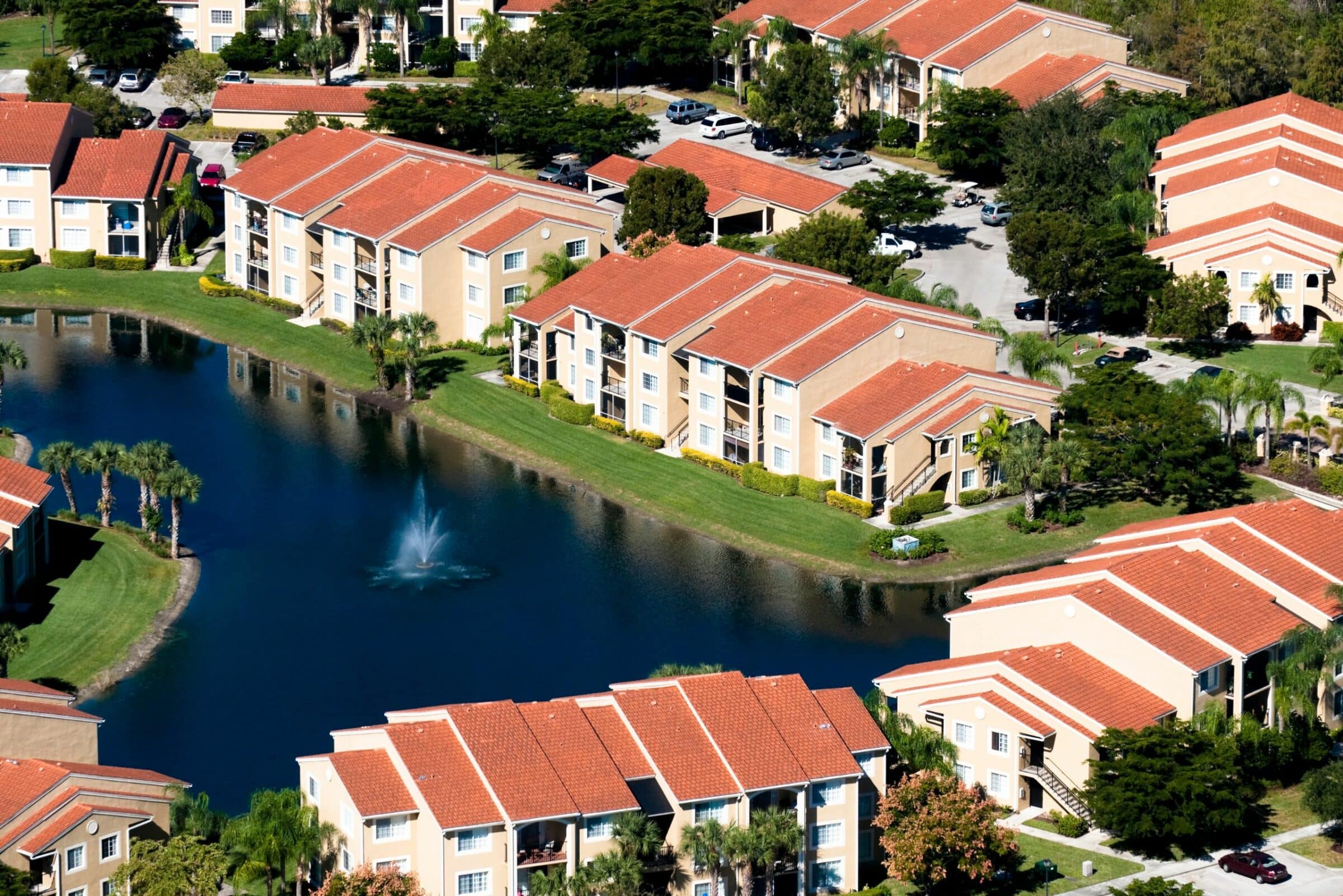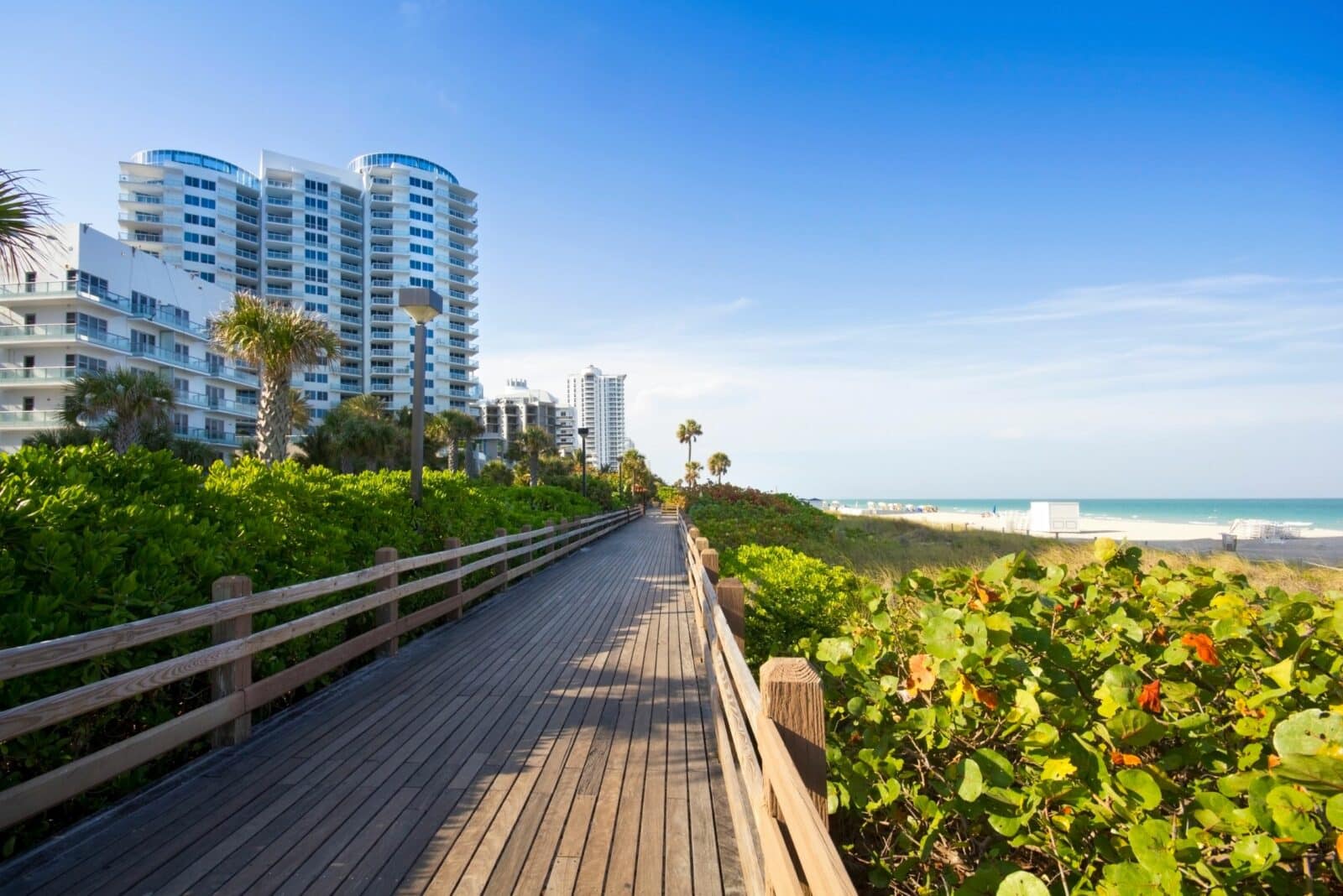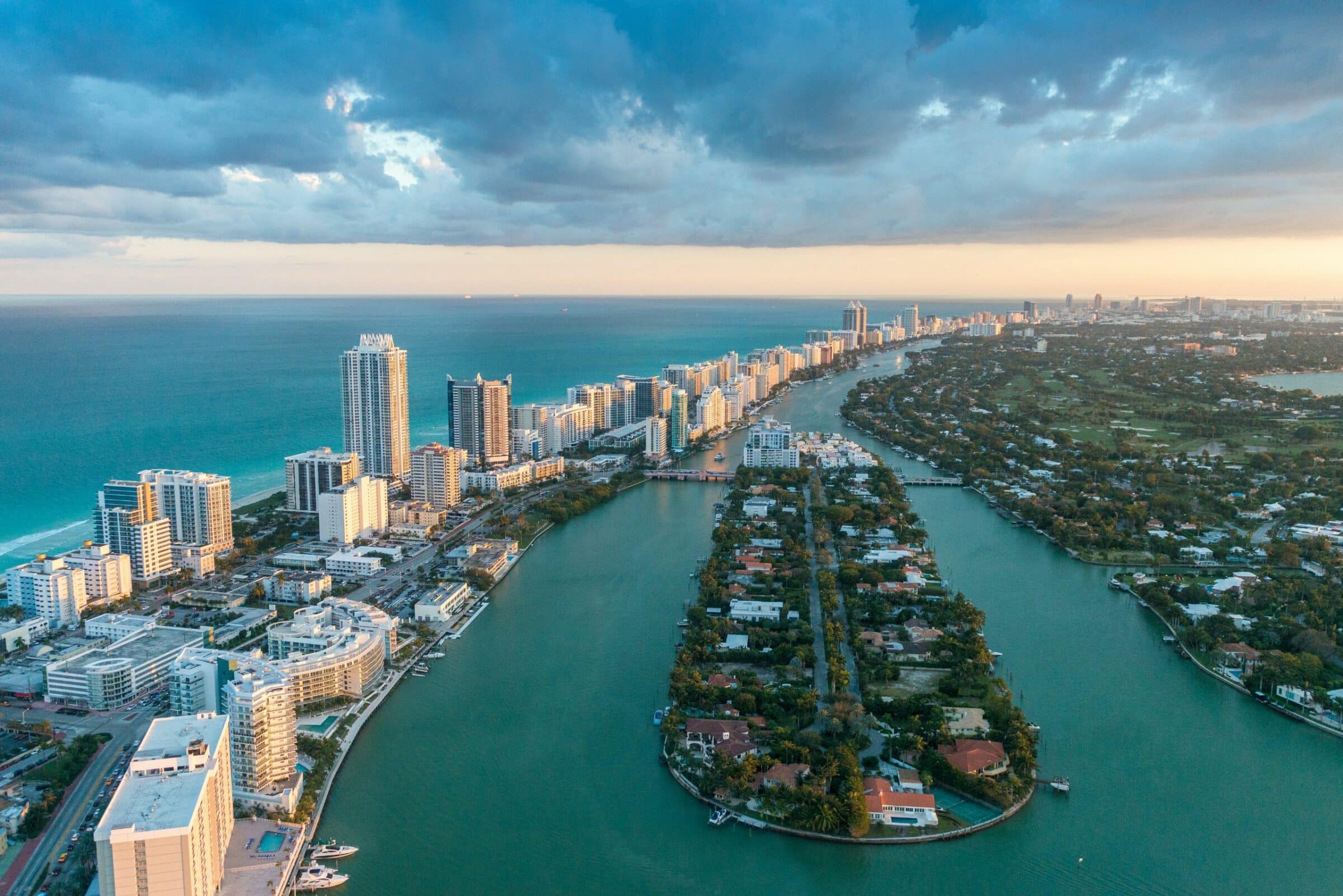Florida’s condo market, once booming, is experiencing a notable downturn. Florida condo sales decline captures the essence of the current real estate trend in the Sunshine State, indicating a shift in buyer preferences and market dynamics. This trend contrasts sharply with the state’s previously robust market performance, inviting a deeper investigation into its causes and implications.

The Underlying Causes
Several factors contribute to the decline in Florida‘s condo sales. Industry experts point to a combination of rising insurance costs, higher condo association fees, and a broader national economic context that has seen a shift in housing affordability and market preferences. For instance, the fallout from recent natural disasters has led to increased insurance premiums, particularly affecting condo owners. Additionally, the aftermath of structural incidents has necessitated higher reserves for maintenance and repairs, further straining potential buyers’ budgets.

Market Impact and Examples
Cities like Jacksonville and Miami exemplify the downturn, with sales and prices dropping significantly. Jacksonville saw a more than 27% decrease in sales, while Miami experienced a nearly 9% drop. This decline is in stark contrast to the national trend, where condo sales in other regions are either stable or rising. The increase in condo association fees and insurance costs makes Florida less attractive to buyers, despite the general allure of its climate and lifestyle.
Navigating Florida Condo Sales Decline
Florida condo sales decline not only highlights a current market reality but also underscores the need for stakeholders to adapt. As the market adjusts to these changes, potential buyers may find opportunities in the shift towards more affordable housing options. The future of Florida’s condo market will likely depend on balancing affordability with the costs imposed by insurance and maintenance demands.
Related posts:
 Affordable Rental Provider Repays $710K to Arlington County
Affordable Rental Provider Repays $710K to Arlington County
 Reduce Your Environmental Footprint: Simple Water Conservation Tips for Your Home
Reduce Your Environmental Footprint: Simple Water Conservation Tips for Your Home
 10 Precautions to Stay Safe During a Home Renovation
10 Precautions to Stay Safe During a Home Renovation
 Surge in US Housing: A Close Look at the November 2023 Boom
Surge in US Housing: A Close Look at the November 2023 Boom
 Increased Housing Confidence Brightens 2024, But Buying a Home Still Tough
Increased Housing Confidence Brightens 2024, But Buying a Home Still Tough




